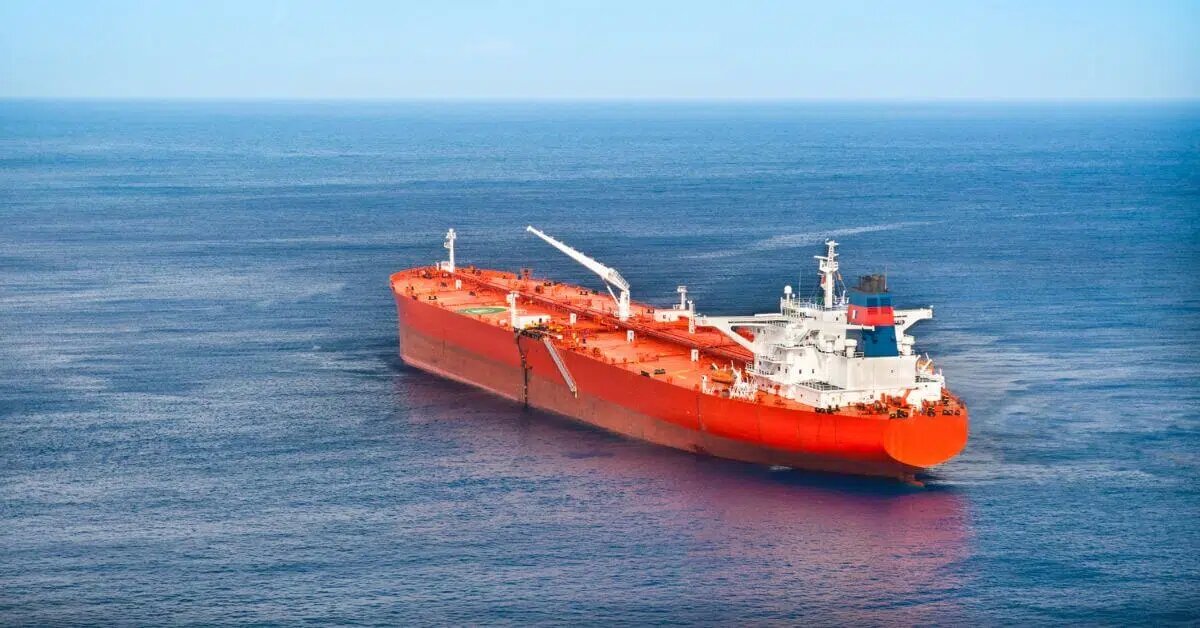Constructed over fifty years ago as an alternative to sailing tankers through the Suez Canal, the Eilat-Ashkelon pipeline, stretching 163 miles, was a product of Israel’s collaboration with pre-revolution Iran. Its purpose was twofold: to bypass the Suez and to facilitate a steady flow of oil to the nation’s refining centers in Ashdod and Haifa.
Eilat, positioned at the apex of the Gulf of Aqaba, has seen a decline in imports in recent years because, today, Israel sources the majority of its oil not from the Persian Gulf but from Black Sea exporters like Kazakhstan and Azerbaijan via the Mediterranean. However, the severity of attacks on population centers like Haifa – as well as the emergence of war risk premiums for Suez transits – might pivot this dynamic, amplifying the importance of this route.
In a testament to Israel’s adaptability, the nation has already begun loading the pipeline with oil via the underutilized Red Sea port, Eilat. The Seaviolet tanker, loaded with Azerbaijani crude and initially bound for Aqaba in Jordan, is now en route to Eilat. This move exemplifies Israel’s commitment to maintaining a consistent energy supply. Bloomberg anticipates that similar journeys will become more frequent, as the escalating Gaza strip conflict heightens risks for oil deliveries to Ashkelon and the secondary import terminal in Haifa.
However, the pipeline’s integrity faces security challenges. Recent global events underscore the vulnerabilities of such infrastructures. The Nord-stream and Baltic conduits have suffered attacks, drone strikes have targeted Ukraine, and the Colonial Pipeline has faced cyber threats. These incidents naturally raise concerns: Is the Eilat-Ashkelon pipeline equipped to weather such adversities?
While Israel’s defense mechanisms, like the Iron Dome, offer a protective umbrella, the pipeline’s defense against potential drone and insurgent threats remains classified. Energy experts are uncertain how well protected it is against rapidly evolving warfare tactics but disruption to this lifeline would force Israel to pivot back to unloading takers at the more heavily attacked Mediterranean ports.






